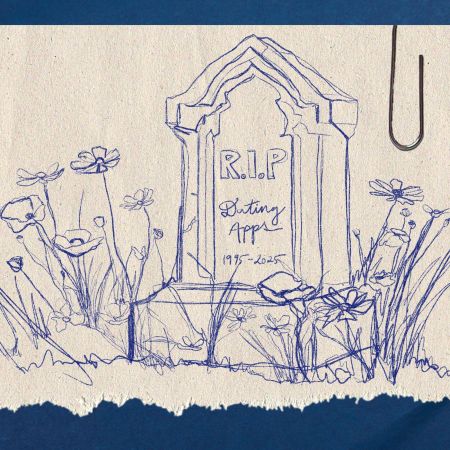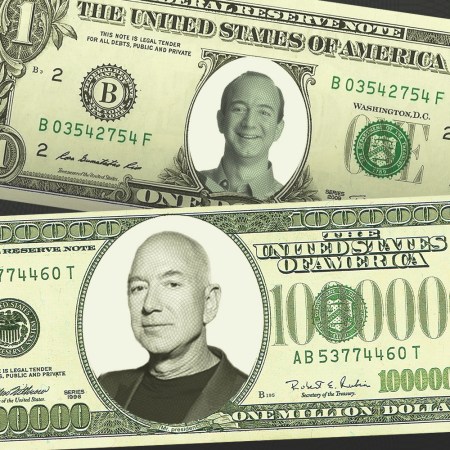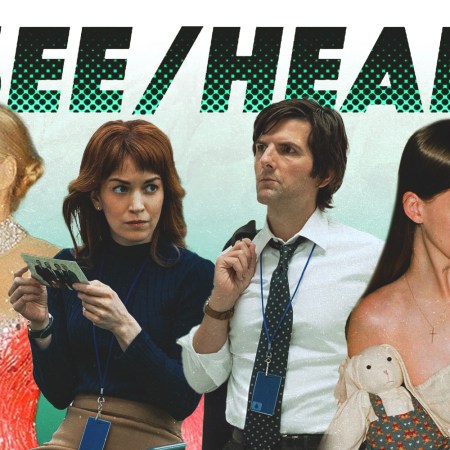Once, social media seemed like an excellent idea. You could stay in touch with friends across the country or around the world! You could share things you found fascinating! You could meet new people! Now, the mood surrounding those social networks seems not unlike a hungover morning: abounding with fatigue and regrets, and wondering just how things got to this point.
Facebook in particular has come under fire, both for privacy concerns and the presence of malicious bots on the platform, leading some to ponder whether a more scaled-back approach is necessary to make these networks function properly.
At MIT Technology Review, Tanya Basu explores the rise of private micro-networks.The focus here is on Cocoon, a social app described on its website as “[a] dedicated space for the most important people in your life.”
Basu writes that Cocoon differs from some of its peers in terms of its scale:
On paper, Cocoon sounds a lot like Facebook: it wants to connect people in virtual space. The difference is that it only wants to connect family members in small, distinct groups.
Right now, the size of groups is limited to 12 — which, depending on how you use Facebook, might sound incredible or stifling. Much of that depends on how you use the platform; someone concerned about sharing something with certain people in their life but not others might find this to be an ideal fit.
But Cocoon isn’t the only private social network out there. Last year, Fast Company’s Katharine Schwab profiled artist Darius Kazemi who created a social network called Friend Camp. “Because Kazemi is the administrator, he sets the norms and rules for how people on Friend Camp should behave,” Schwab wrote. “All the Friend Camp users’ posts are only visible within a private internet oasis, safe from the prying eyes of advertisers and judgmental uncles alike.”
There’s also the case of Wikipedia founder Jimmy Wales’s social media platform WT Social, which introduced a subscription model into the mix.
Some have even pondered what existing social networks might look like with a few tweaks. Writer Warren Ellis ruminated on this subject recently in a post titled “What If Everyone On Twitter Went Private?”
In it, Ellis made a few welcome points about the nature of social media. “I mean, if you want to call it social media, not every social occasion is a street party that all-comers can shamble into,” Ellis wrote. “You invite people to parties. (I presume.) You invite people inside your house.”
Whether the social network of the future is one of the nascent ones being developed now or a radically modified version of something existing, it will have an uphill climb finding acceptance. Then again, Friendster and MySpace once seemed ubiquitous and indispensable, too.
Subscribe here for our free daily newsletter.
Thanks for reading InsideHook. Sign up for our daily newsletter and be in the know.


















